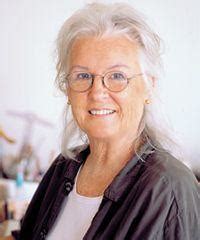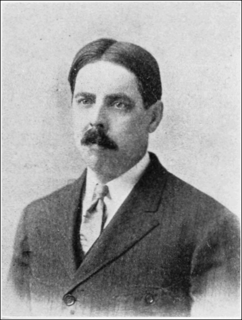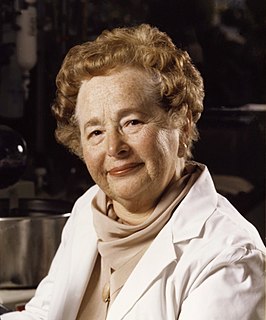A Quote by Mary Wollstonecraft Shelley
My father was not scientific, and I was left to struggle with a child's blindness, added to a student's thirst for knowledge.
Related Quotes
The child in me could not die as it should have died, because according too legends it must find its father again. The old legends knew, perhaps, that in absence the father becomes glorified, deified, eroticized, and this outrage against God the Father has to be atoned for. The human father has to be confronted and recognized as human, as man who created a child and then, by his absence, left the child fatherless and then Godless.
My father ain't in Europe; my father's in a better place than Europe." Winterbourne imagined for a moment that this was the manner in which the child had been taught to intimate that Mr. Miller had been removed to the sphere of celestial reward. But Randolph immediately added, "My father's in Schenectady.
The disobedient child is continuously condemned. The obedient child is, on the other hand, continuously praised. But have you heard of any obedient child having become world-famous in any dimension of creativity? Have you heard of any obedient child who has attained the Nobel prize for anything - literature, peace, science? The obedient child becomes just the common crowd. All that is added to existence is added by the disobedient.
I had a student some years ago whose father had worked on the Manhattan Project. I had a student who had to escape this very intense, born-again fundamentalist Christian background that was very much like a cult and of course they struggle to get to Naropa. And they have cut themselves off. They don't look back.
The fact that these scientific theories have a fine track record of successful prediction and explanation speaks for itself. (Which is not to say that I don't directly discuss the work of those philosophers who would disagree.) But even if we grant this, many will argue that scientific knowledge in humans, and, indeed, reflective knowledge in general, is quite different in kind from the knowledge we see in other animals.
Knowledge about yourself binds, weighs, ties you down; there is no freedom to move, and you act and move within the limits of thatknowledge. Learning about yourself is never the same as accumulating knowledge about yourself. Learning is active present and knowledge is the past; if you are learning to accumulate, it ceases to be learning; knowledge is static, more can be added to it or taken away from it, but learning is active, nothing can be added or taken away from it for there is no accumulation at any time.
In the case of some people, not even if we had the most accurate scientific knowledge, would it be easy to persuade them were we to address them through the medium of that knowledge; for a scientific discourse, it is the privilege of education to appreciate, and it is impossible that this should extend to the multitude.







































